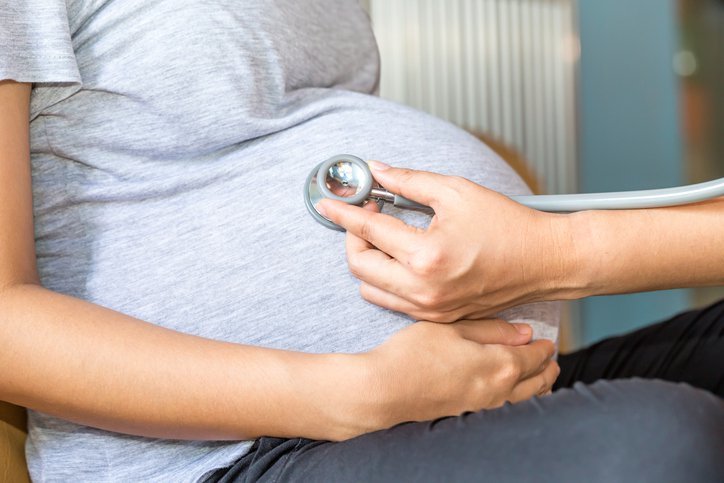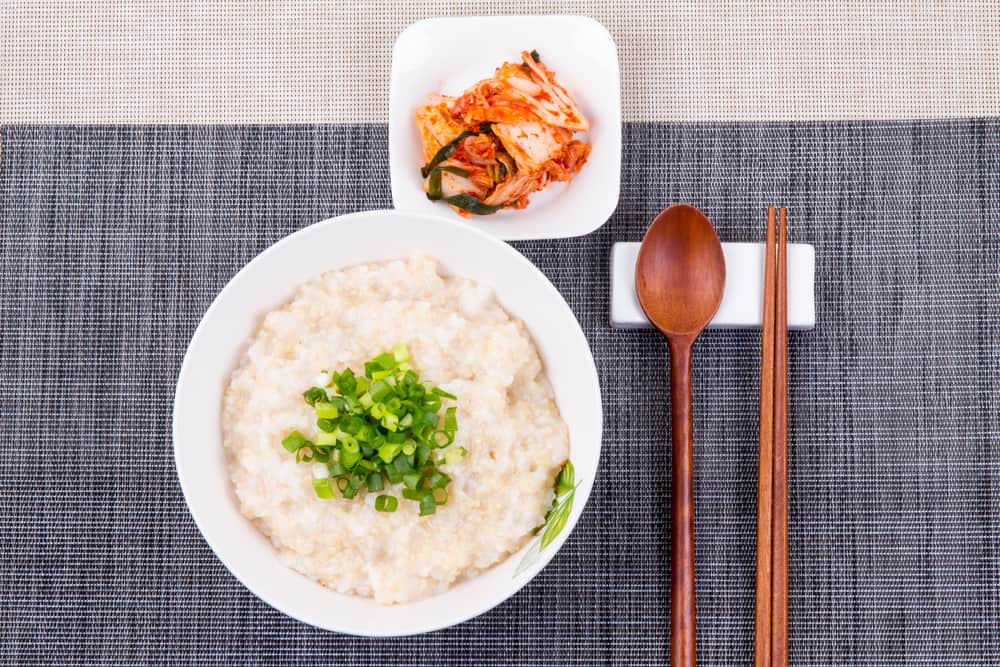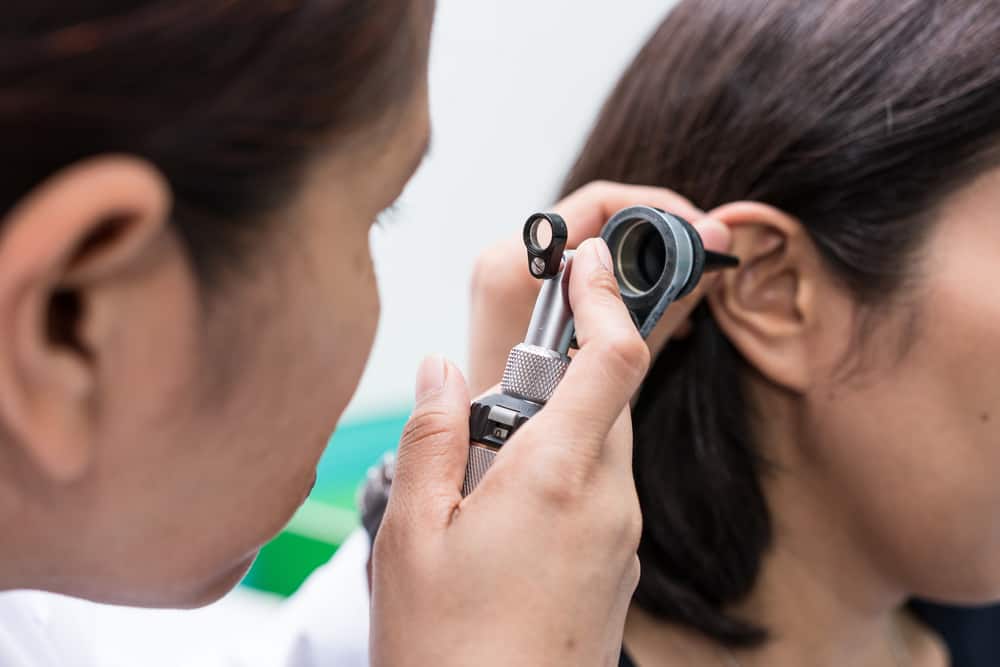Contents:
- Medical Video: Pathogenesis of Preeclampsia
- What are the effects of preeclampsia for mothers?
- What are the effects of preeclampsia for babies?
- How to prevent preeclampsia?
Medical Video: Pathogenesis of Preeclampsia
When pregnant, a pregnant woman can suffer from several diseases that she had never had before she became pregnant. Diseases or complications arise because of changes in the body of the mother during pregnancy. One disease that can arise is preeclampsia. The impact of preeclampsia can be prolonged and not only occur in pregnant women, but also their babies.
Preeclampsia is characterized by high blood pressure in pregnant women, where before the pregnancy the mother's blood pressure is not high. Preeclampsia is also characterized by high levels of protein in the urine, swelling of the legs and arms. These symptoms can appear at the end of pregnancy, usually after 20 weeks' gestation, or can also appear during labor or even after delivery within the first 48 hours. If preeclampsia is not diagnosed quickly, it can develop into eclampsia, this is dangerous for you and your baby.
What are the effects of preeclampsia for mothers?
Preeclampsia can occur because the placenta is not functioning properly which can be caused by placental abnormalities. In addition, poor nutrition, high body fat levels, insufficient blood flow to the uterus, and genetics may also cause preeclampsia.
Preeclampsia that is already severe and followed by seizures can develop into eclampsia. Preeclampsia and eclampsia that occur during or shortly after pregnancy can cause serious health problems for the mother, and can even lead to Dead. According to WHO, preeclampsia and eclampsia cause 14% of maternal deaths every year or around 50,000-75,000 maternal deaths worldwide.
Preeclampsia can affect the function of the placenta, kidney, liver, brain, blood system, and other maternal organs. This condition can cause placenta abruption (separation of the placenta from the uterus), premature birth, and miscarriage. Preeclampsia can also cause organ failure, hypertension after pregnancy, ischemic heart disease, and stroke.
In addition, preeclampsia can also result HELLP syndrome, that is hemolysis, elevated liver enzyme, and low platelet count or in Indonesian it is called hemolysis, an increase in liver enzymes, and a low platelet count. Preeclampsia together with the HELLP syndrome can cause maternal mortality associated with hypertension.
What are the effects of preeclampsia for babies?
In addition to mothers, preeclampsia can also have an impact on the womb baby. The amount of impact that can be experienced by a womb depends on the gestational age when the mother experiences preeclampsia and how severe the mother's high blood pressure is.
However, the main impact of preeclampsia that babies can receive is that the baby is malnourished because of inadequate uterine-placental blood flow. This can be causing growth delay baby in the womb, premature birth, or stillbirth (stillbirth).
Disruption of blood flow to the placenta can cause the baby to lack nutrition so that it interferes with the growth of the baby in the womb. Long-term research has proven that the growth of the fetus is in the uterus or intrauterine growth retardation (IUGR) can cause hypertension, coronary heart disease, and diabetes when the baby is older.
This relationship might occur because there are only a few nutrients available for growth and development in the womb, so the baby in the womb must change his "program". This change in "program" is ultimately permanent in body structure, physiology, and metabolism, which in turn can increase the risk of the baby getting the disease when he grows up.
Preeclampsia can also increase the risk of long-term problems associated with preterm birth, such as learning disorders, cerebral palsy, epilepsy, deafness, and blindness. Preeclampsia along with HELLP syndrome can also cause stillbirth, which usually occurs if the placenta is separated from the uterus before the baby is born (placenta abrupt) which causes severe bleeding to the mother.
How to prevent preeclampsia?
Some studies might recommend that you consume more food sources that contain calcium and vitamins that can control blood pressure. This might help you a little.
However, the most important thing is to do a routine pregnancy check up as advised by your doctor. During a pregnancy checkup, the doctor will usually check your blood pressure. From here, your doctor can monitor your blood pressure, so that if you find signs of preeclampsia, it can be known early.
If needed, your doctor may take a urine test to find out if there is protein in your urine. The presence of protein in urine is one sign of preeclampsia.
It's best to know the signs of other preeclampsia, so that you are more aware of preeclampsia during pregnancy. Some signs of preeclampsia are severe dizziness, nausea and vomiting, changes in viewing ability, and pain in the upper abdomen.
READ ALSO
- Causes of Preeclampsia, Dangerous Conditions in Pregnant Women
- Preparing for a Doctor Visit for Preeclampsia Diagnosis
- Should Pregnant Women Take Additional Supplements?












